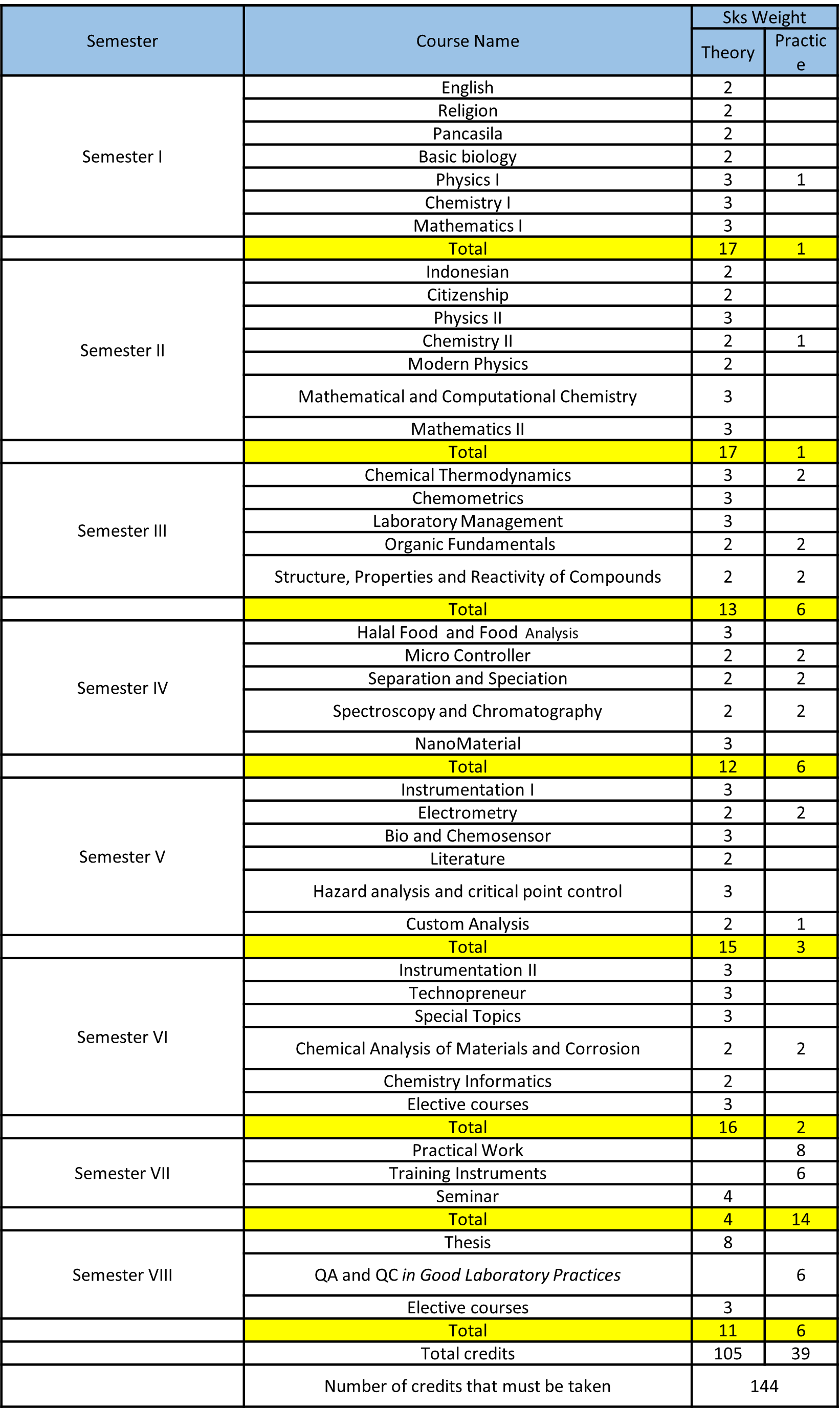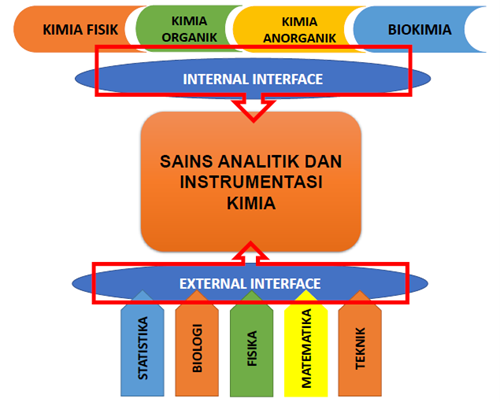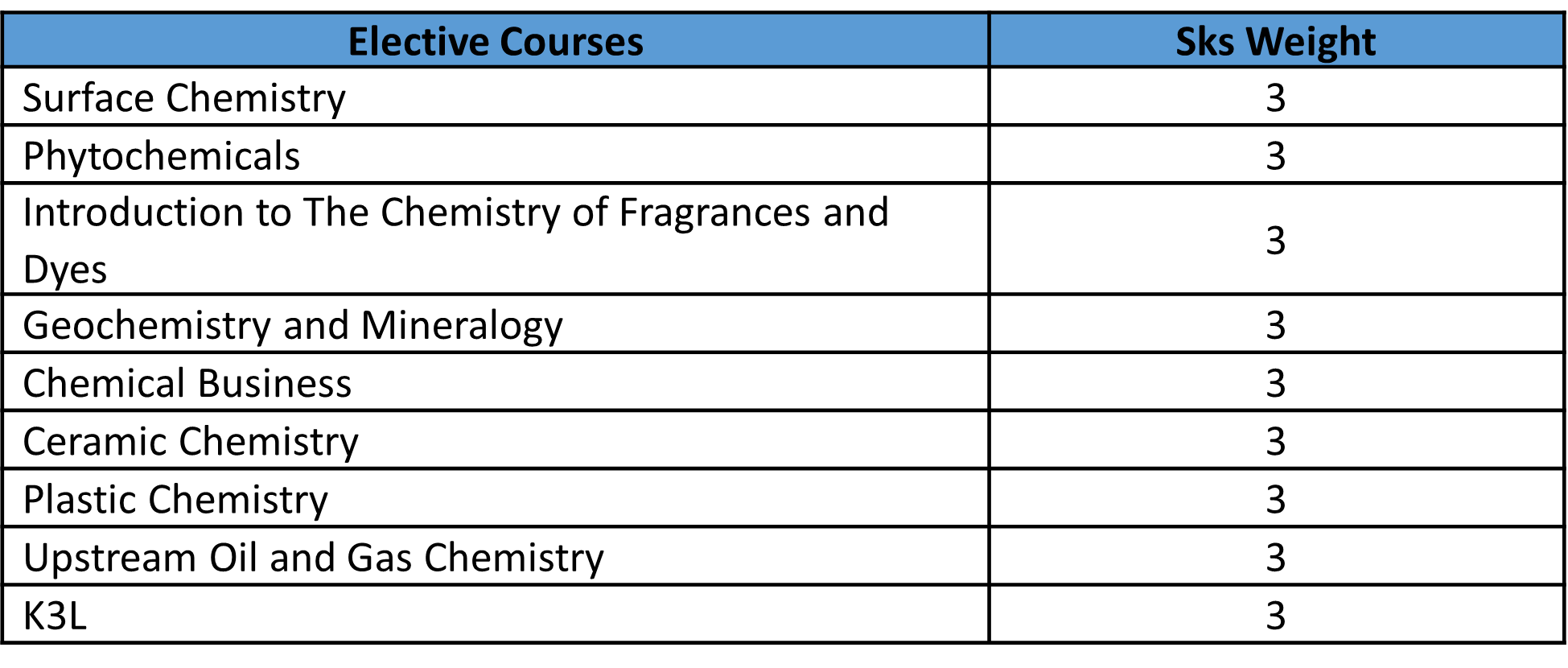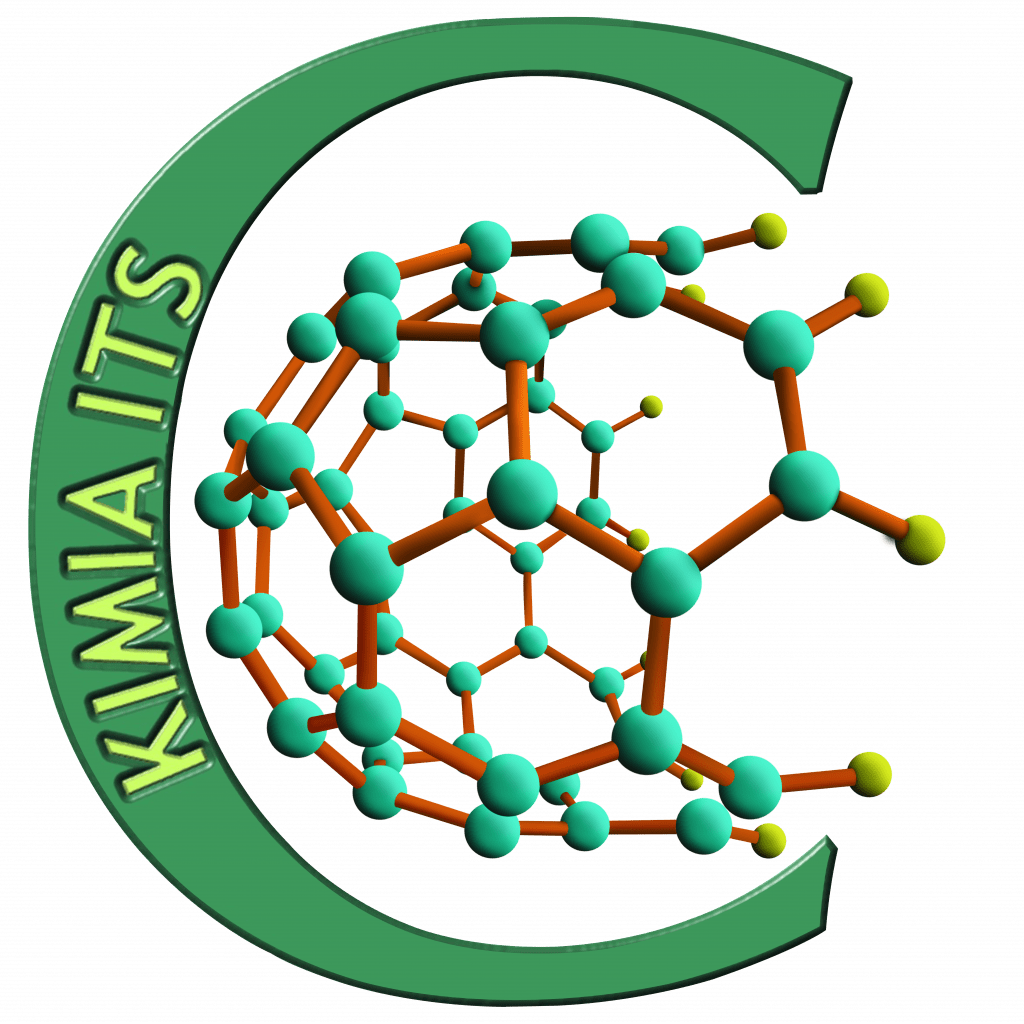Analytical Science and Instrumentation Chemistry
About Programs
Institut Teknologi Sepuluh Nopember as one of the state universities aspires to become a world-class university that contributes to the nation’s independence and becomes a reference in education, research, and community service as the development of innovations, especially those that support industry and sustainability. These ideals can be achieved with a mission in the form of contributing to science and technology for the welfare of society through education, research, community service, and management activities based on information and communication technology. Therefore, the Department of Chemistry, Faculty of Science, and Data Analytics responded to such developments. This response was manifested in forming a new Study Program (Prodi), namely the Undergraduate Study Program (S1) of Analytical Science and Chemical Instrumentation.
This new study program was opened because of the need for human resources experts in the field of chemical analysis and instrumentation in the industry. The results of the prospective student survey also show that there are prospective students with a special interest in continuing their studies in more applicable study programs such as the analytical science study program and chemical instrumentation. Analytical Science and Chemical Instrumentation is a development of the chemical scientific family related to detection systems, chemical instrumentation, data science, and the development of methodologies applied to the environment, medical, halal, forensic, and industry. This new study program is a development of the Chemistry study program, where the relationship is shown in Figure 1.
ITS stated that it officially opened the S1 Analytical Science and Chemical Instrumentation study program starting from the 2022/2023 school year through the Independent and Partnership Pathway. The Analytical Science and Chemical Instrumentation Study Program will later be under the auspices of the Department of Chemistry, FSAD, ITS. The first batch of the S1 Analytical Science and Chemical Instrumentation study program is planned to number 40 students using the Joint Lecture Coordination Sub-Directorate Building (SKPB) and the Building in the Department of Chemistry, FSAD, ITS for lectures. The laboratory is planned to use a fundamental chemistry laboratory in the ITS Research Center Building and an Instrumentation and Analytical Science laboratory at the Department of Chemistry, FSAD, ITS. The S1 Analytical Science and Chemical Instrumentation Study Program have experienced teaching staff. The teaching staff is Suprapto, Ph.D as the Head of the Analytical Science and Chemical Instrumentation Study Program who is an expert in chemical measurement, Prof. Dr.rer.nat. Fredy Kurniawan, M.Si. who is an expert in biosensor chemo and nanomaterials, Dra. Ita Ulfin, M.Si. who is an expert in chemical separation and environmental chemistry, Prof. Dr. Syafsir Akhlus who is an expert in computational chemistry and data analysis, Dra. Harmami, M.S. who is an expert in electroanalysis, Dr. Hendro Juwono who is an expert in material characterization, Drs. R. Djarot Sugiarso, K.S., M.S. who is an expert in forensic chemistry and spectrometry, and Yatim Lailun Ni’mah, Ph.D. who is an expert in instrumentation chemistry.
The lecture description of Analytical Science and Chemical Instrumentation students at ITS in the first year is similar to the curriculum of the S1 Chemistry study program. Furthermore, from the second year to the final year, students of Analytical Science and Chemical Instrumentation will get a specific curriculum related to the development of chemical methodology and instrumentation with case studies from the industry. In addition, students will also be facilitated for more hands-on practice in the industry, such as through instrument training courses and QA and QC in Good Laboratory Practices.
Graduate Profile
The Analytical Science and Chemical Instrumentation Study Program offers graduates with expertise that focuses on developing analytical and design methods, making and developing chemical instrumentation with job opportunities that suit the needs of the industry today and in the future. The program includes the development of methodologies in industrial or test and measurement systems, computer-controlled instrumentation systems, process instrumentation, technical and sales management, process control and automation, sensor development and manufacturing, and instrument networks. The graduate profiles offered are (1) scientists, (2) QC / QA, (3) RnD, (4) entrepreneurs, and (5) consultants related to the scientific knowledge of analytics and chemical instrumentation.
Curriculum
Scientific development of Analytical Science and Chemical Instrumentation has not had a similar program in Indonesia. This condition causes the curriculum contained in the Analytical Science and Chemical Instrumentation study program to be compared and adopted with 3 similar study programs from 3 foreign universities, namely the Analytical Chemistry Study Program – the University of Embu, Analytical Chemistry (Environmental, Forensic & Pharmaceutical) – Technological University of Dublin, and Bioanalytical Chemistry – Illinois Institute of Technology. The list of courses is shown in Table 1.
Table 1. List of courses and credit

The minimum number of credits for graduation is 144 credits as per Table 2.



